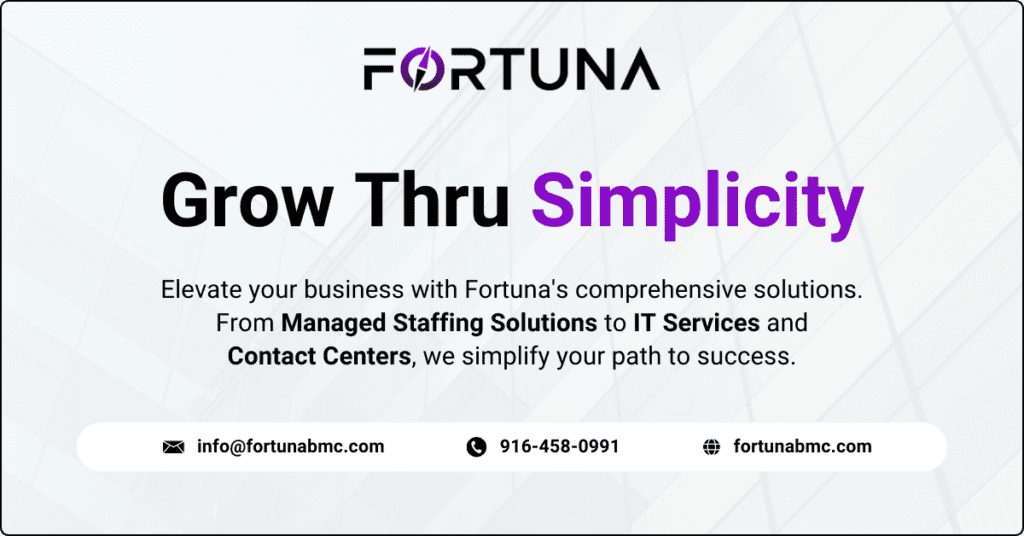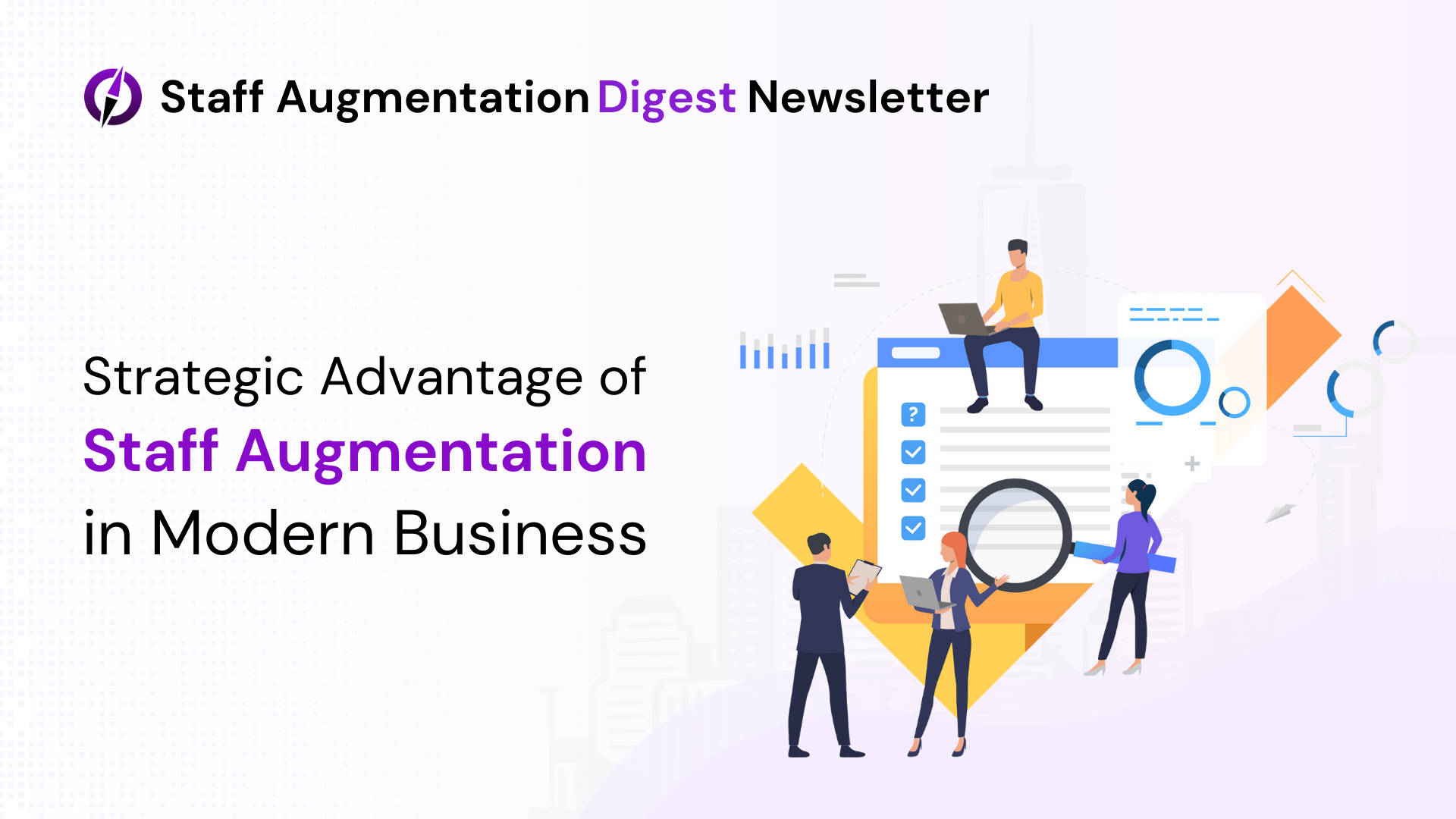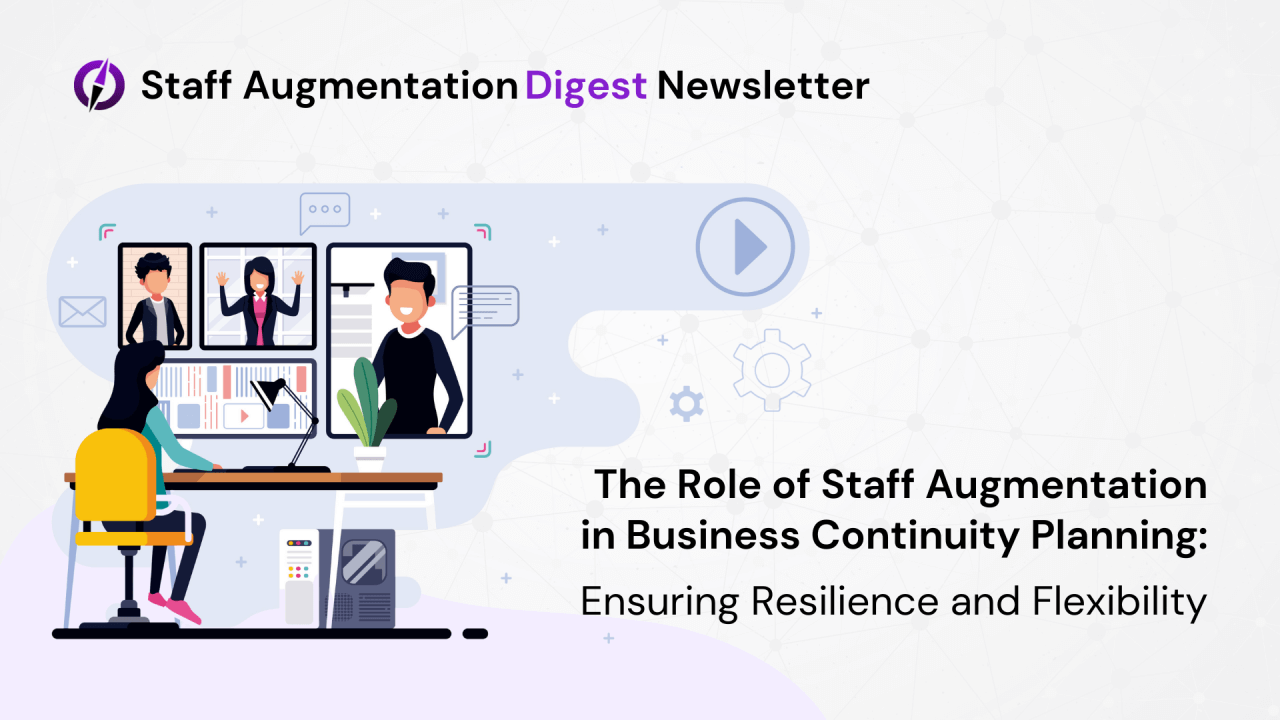Today, we’re delving into a critical aspect of workforce management: adaptive staffing models. In a rapidly evolving business landscape, where industries face unique challenges and demands, flexibility in staffing is paramount. Join us as we explore how adaptive staffing models are tailored to meet the dynamic needs of various industries, ensuring businesses stay agile and responsive to market shifts.
Industries across the board encounter distinct staffing challenges, from seasonal fluctuations to sudden market disruptions. Traditional staffing models may struggle to cope with these variations, leading to inefficiencies and resource mismatches. Recognizing the need for adaptable solutions is the first step towards effectively addressing industry-specific demands.

Let’s explore how adaptive staffing models cater to industry demands:
- IT Businesses: In the rapidly evolving IT sector, demand for skilled professionals fluctuates based on project timelines, technological advancements, and market trends. Adaptive staffing models enable IT businesses to scale their workforce dynamically, ramping up resources for project implementations, software developments, and system integrations. By aligning staffing levels with project requirements, IT businesses can optimize resource utilization and maintain competitiveness in the ever-changing technology landscape.
- Staff Augmentation: Staff augmentation firms provide businesses with the flexibility to scale their workforce based on project demands, skill requirements, and budget constraints. Whether it’s temporary support for a specific project or long-term augmentation to fill skill gaps, adaptive staffing solutions offer businesses the agility to meet evolving needs without the overhead of traditional hiring processes.
- Healthcare: Healthcare facilities face fluctuating patient volumes and specialized staffing requirements. Adaptive staffing solutions provide flexibility to adjust staffing levels based on patient demand, ensuring optimal care delivery without overburdening resources.
- Manufacturing and Logistics: Manufacturing and logistics industries often encounter fluctuations in production and shipping demands. Adaptive staffing models help businesses align workforce capacity with production schedules, ensuring efficient operations and timely order fulfillment.
Adaptive staffing models offer a versatile approach to workforce management, enabling businesses to tailor solutions to industry demands. By embracing flexibility and agility, organizations can optimize resource allocation, enhance operational efficiency, and stay ahead in today’s dynamic business environment.



